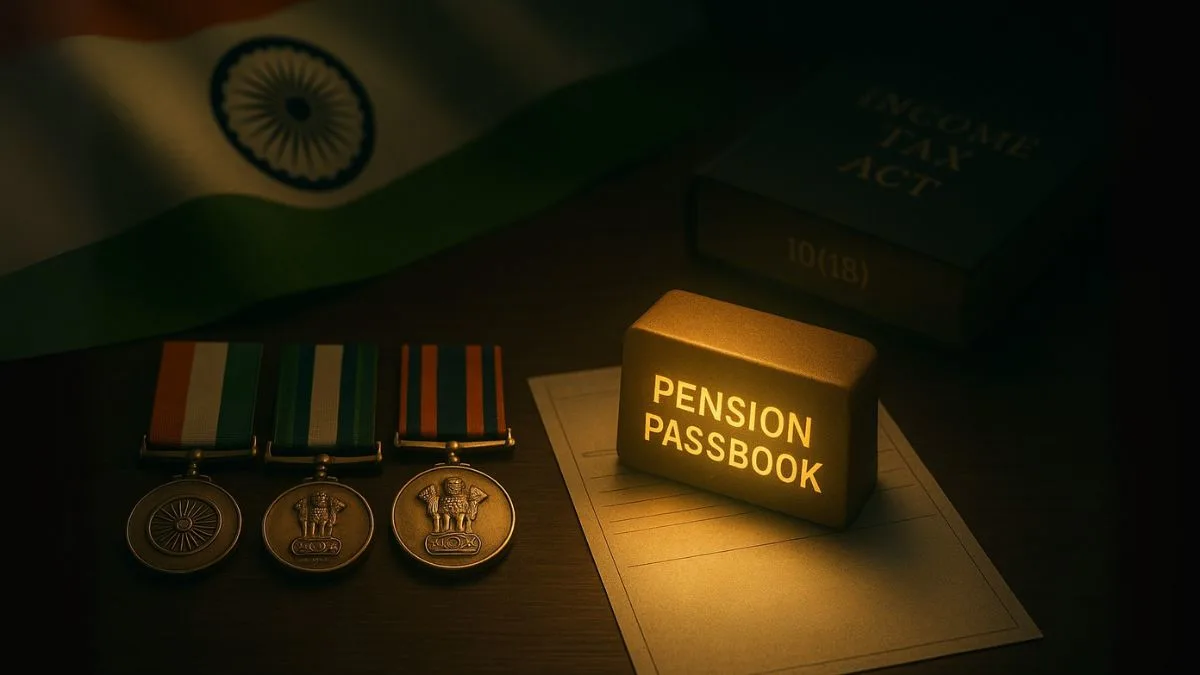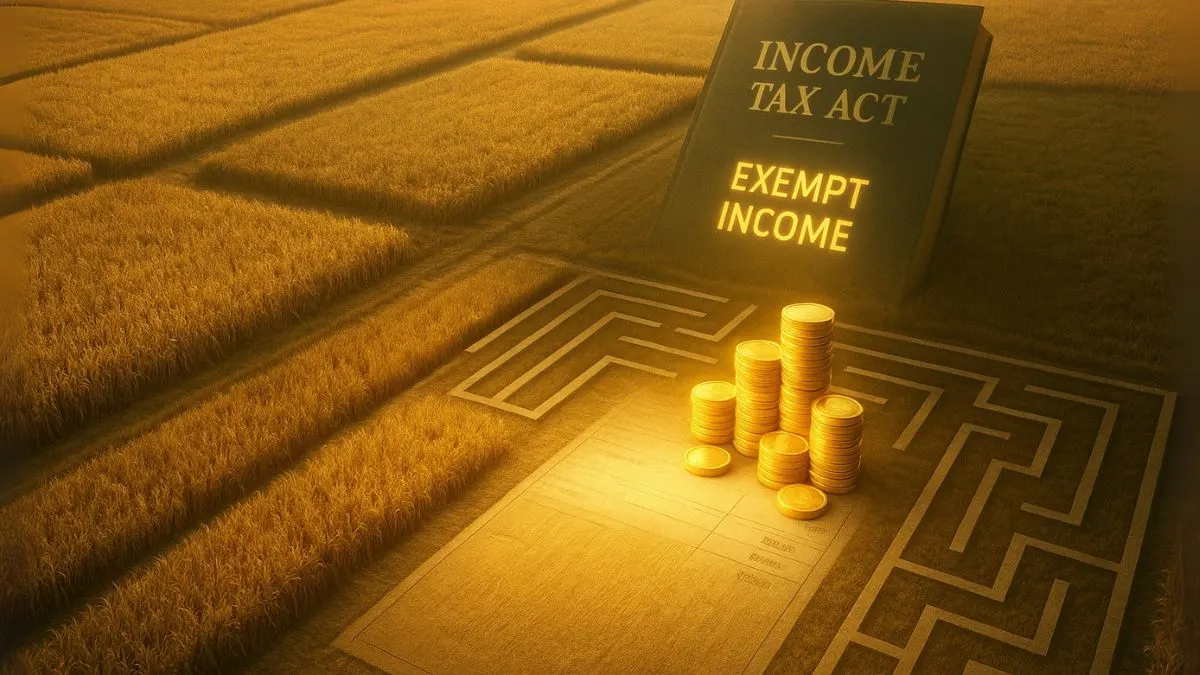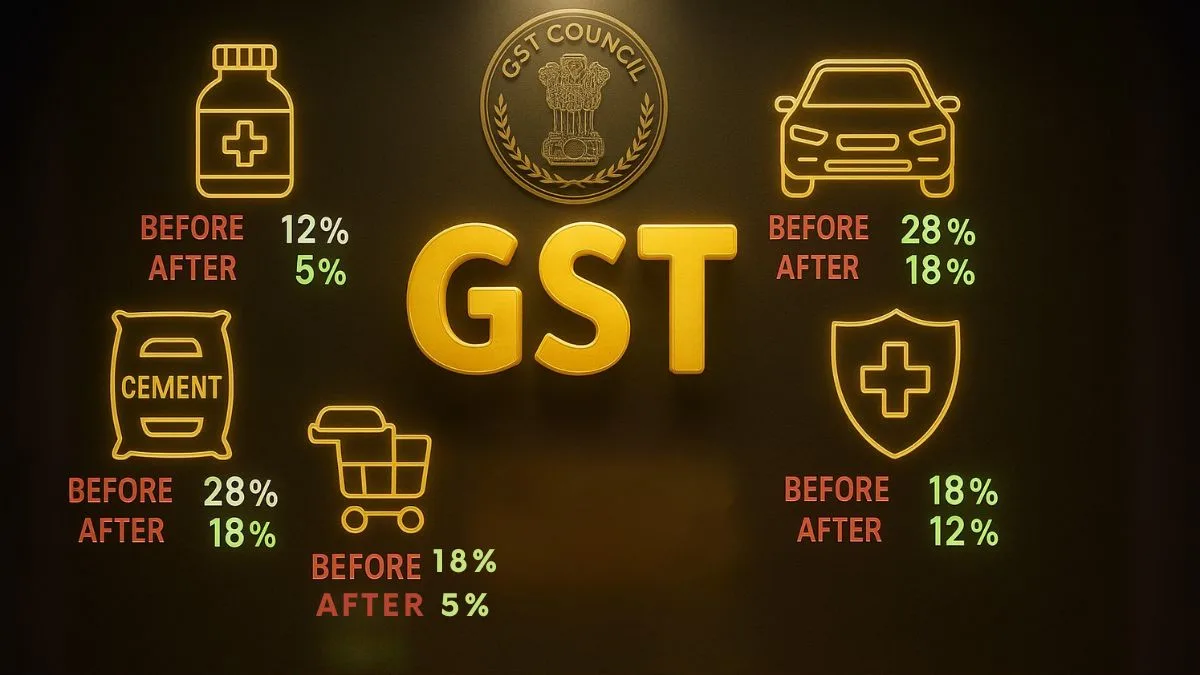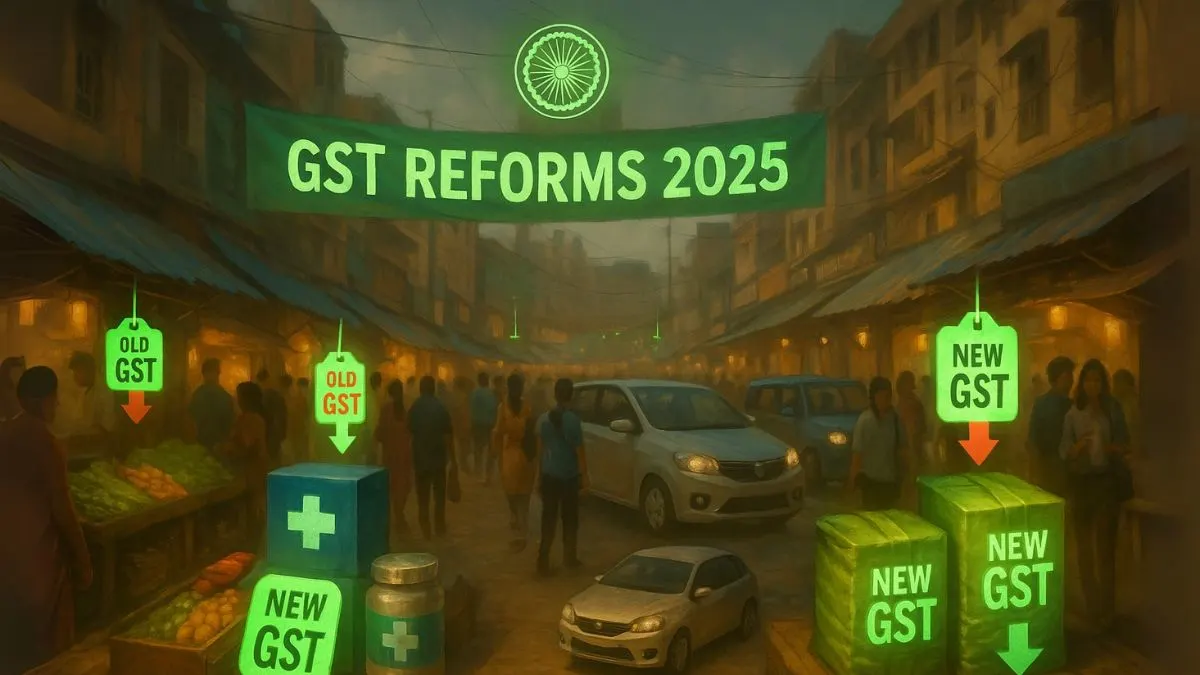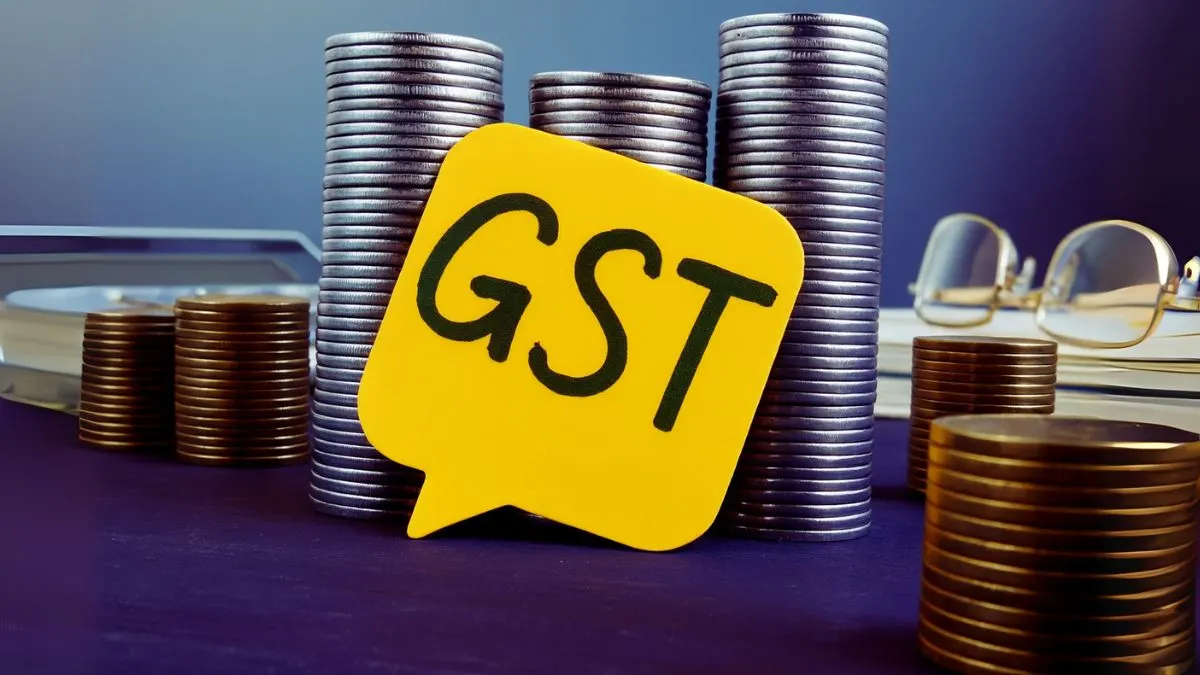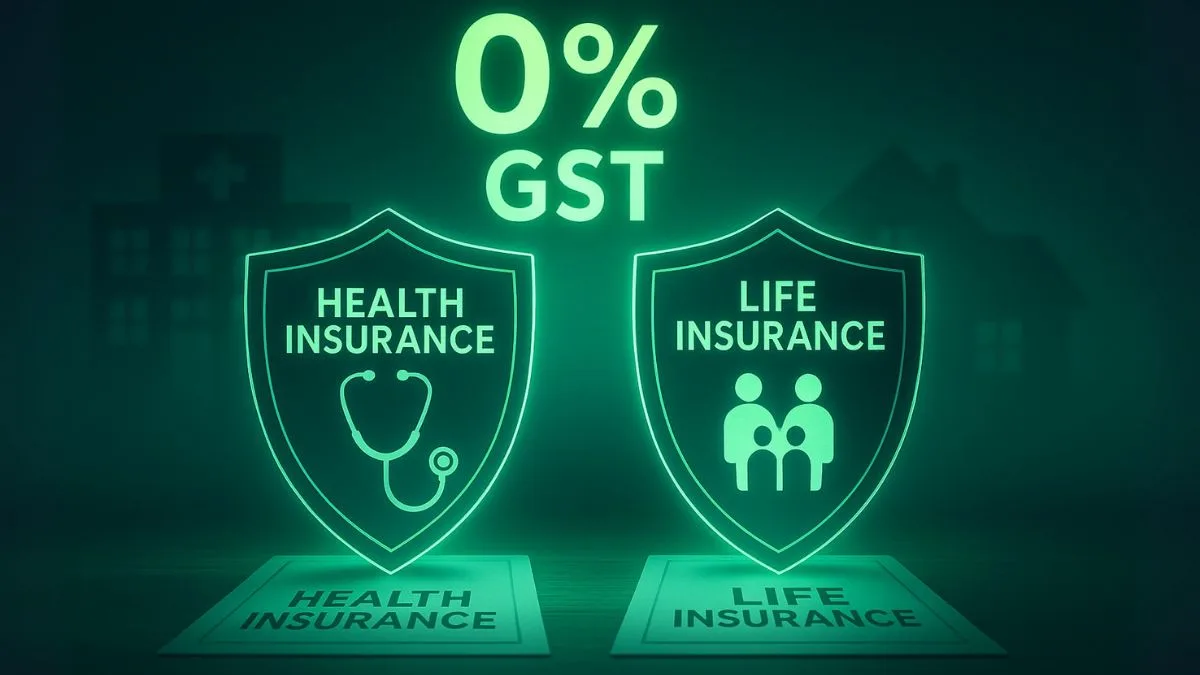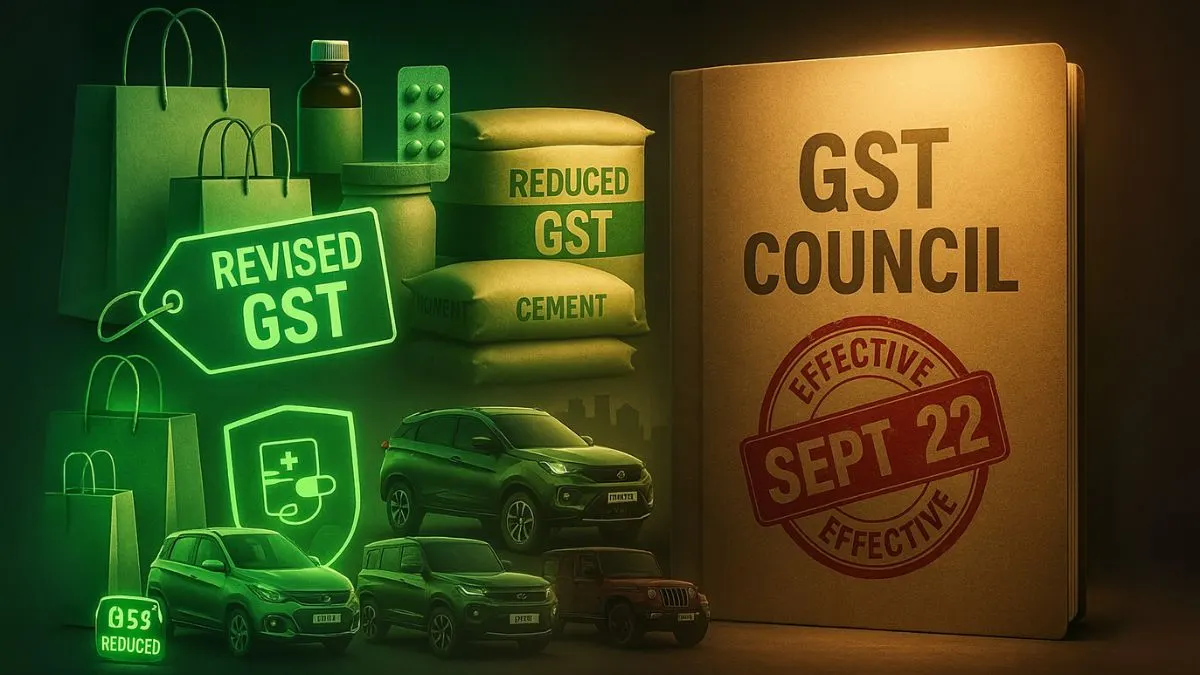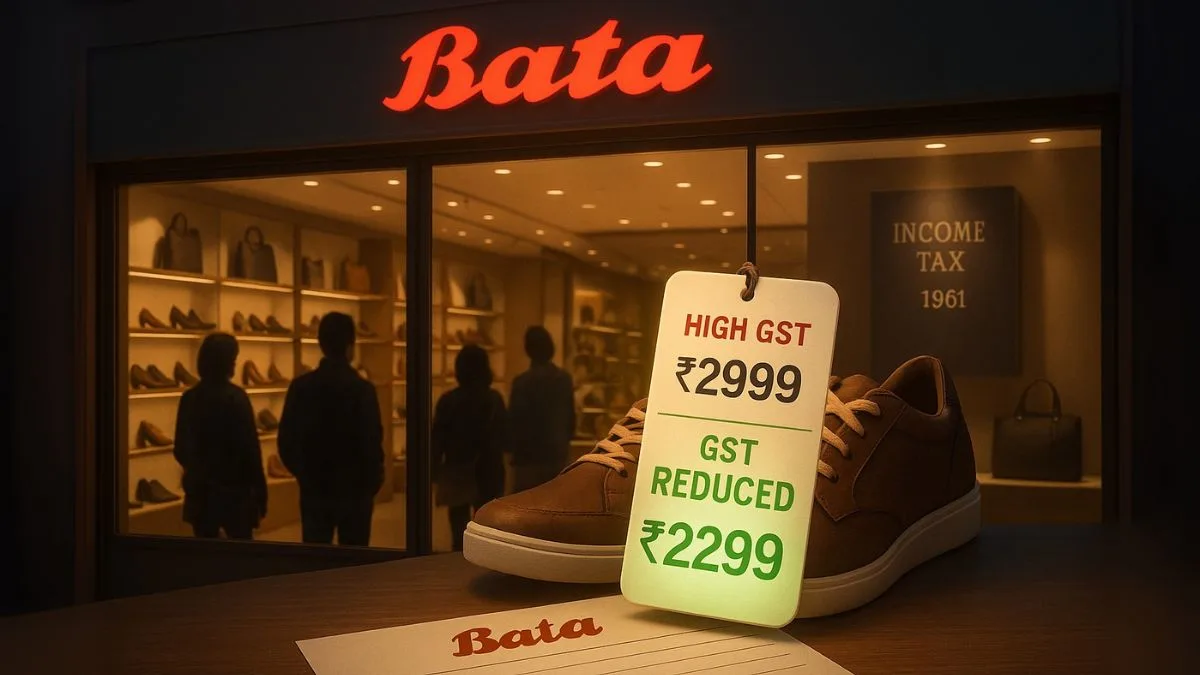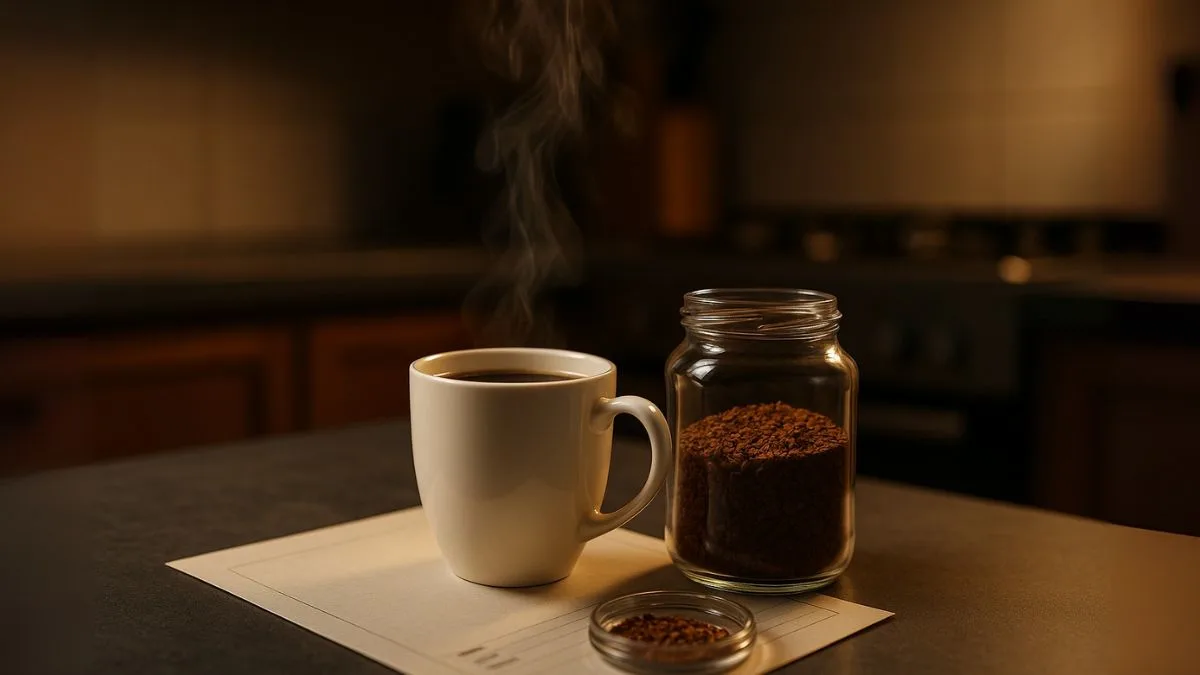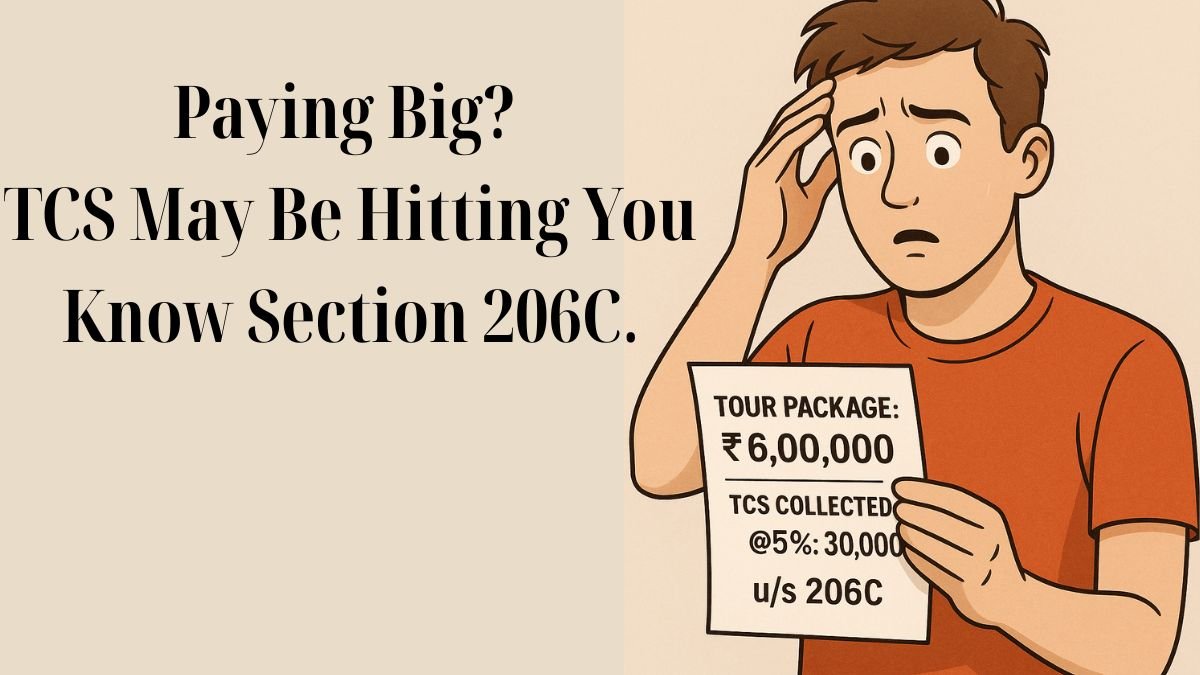
You’ve probably heard of TDS—Tax Deducted at Source. But what about TCS, or Tax Collected at Source?
Under Section 206C of the Income Tax Act, certain sellers are required to collect tax from the buyers at the time of sale of specific goods. This helps the government track high-value transactions & brings businesses dealing in sensitive or cash-heavy goods under the tax net.
One such category includes profits and gains from the business of trading in alcoholic liquor, forest produce, scrap, etc.
Let’s break this down in simple terms.
🧾 What is Section 206C of the Income Tax Act?
Section 206C of the Income Tax Act deals with TCS on the sale of specified goods. In other words, the seller is responsible for collecting a certain percentage of the sale value as tax from the buyer and depositing it with the government.
It applies to businesses that earn profits and gains from the business of trading in alcoholic liquor, forest produce, scrap, etc.
Think of it as a reverse of TDS. Instead of the buyer deducting tax, the seller collects it while making the sale. "
🧑💼 Who Has to Collect TCS?
The obligation lies on:
- Sellers of specified goods
- Contractors in certain industries
- Leasing and licensing businesses (e.g., parking lots, tolls)
The section specifically targets sectors that often deal in cash-heavy or underreported income.
For example:
- Alcohol wholesalers
- Scrap dealers
- Traders in timber, tendu leaves, and other forest produce
- Mineral exporters
So, if you’re in the business of trading in alcoholic liquor, forest produce, or scrap, this section likely applies to you.
🧾 What Goods Are Covered?
The following goods are included under Section 206C:
- Alcoholic liquor for human consumption
- Tendu leaves
- Timber obtained under a forest lease
- Timber obtained by any mode other than a forest lease
- Forest produce (excluding timber and tendu leaves)
- Scrap
- Minerals like coal, lignite, and iron ore
- Sale of motor vehicles exceeding ₹10 lakhs
- Overseas remittance and foreign tour packages (added later)
All these transactions come with different TCS rates, which are periodically notified by the CBDT.
📊 TCS Rates under Section 206C
Here’s a quick summary of rates (subject to latest amendments):
|
Goods/Transaction |
TCS Rate |
|
Alcoholic liquor |
1% |
|
Tendu leaves |
5% |
|
Scrap |
1% |
|
Timber/Forest Produce |
2.5% |
|
Minerals (coal, iron ore, etc.) |
1% |
|
Sale of motor vehicle > ₹10 lakh |
1% |
|
Foreign remittance above ₹7 lakh |
5% (if PAN not provided, 10%) |
Make sure to check the latest Finance Act changes for updated rates.
💼 Real-Life Example of TCS under 206C
Imagine a timber trader sells ₹15 lakh worth of forest produce to a client.
Since the product is covered under Section 206C, the seller must collect 2.5% TCS, i.e., ₹37,500, & deposit it with the government.
The buyer can later claim this amount while filing their ITR.
📌 Exceptions & Exemptions
Not all buyers are subject to TCS.
TCS is not applicable if the buyer is:
- A government body
- An embassy or consulate
- A recognised public sector company
- Buying goods for personal consumption (in some cases)
Also, no TCS is applicable if the buyer provides a declaration in Form 27C stating that the goods will not be used for trading or manufacturing purposes.
⚖️ What the Law Says
The bare text under Section 206C of the Income Tax Act mentions:
“Every person, being a seller, shall collect from the buyer a sum equal to the specified percentage as income tax on the sale of goods, being alcoholic liquor for human consumption, forest produce, scrap, & others, at the time of debiting the account or receipt, whichever is earlier.”
This indicates that profits and gains from the business of trading in alcoholic liquor, forest produce, scrap, etc., fall within the purview of TCS. "
💬 Commonly Asked Questions
- What if the buyer refuses to pay TCS?
It’s the seller’s legal responsibility to collect and deposit TCS. Failure to do so can attract interest and penalties. - Is TCS applicable to the GST component?
No. TCS should be calculated on the value excluding GST, as per the recent CBDT clarification. - How does the buyer claim TCS?
The buyer gets credit for TCS in their Form 26AS, which can be used while filing their income tax return.
🧾 Summary Table: TCS at a Glance
|
Criteria |
Details |
|
Section |
206C of the Income Tax Act |
|
Applies to |
Specified goods (liquor, forest produce, scrap, minerals) |
|
Collected by |
Seller |
|
Paid by |
Buyer |
|
When |
At the time of sale |
|
TCS Rate |
1% to 5%, depending on the item |
|
Exemption |
Form 27C or notified categories |
📘 Section 206C in Hindi (Quick Glance)
"सेक्शन 206C उन विक्रेताओं पर लागू होता है जो शराब, स्क्रैप, जंगल उत्पाद जैसे सामानों का व्यापार करते हैं और खरीदार से टैक्स वसूल कर सरकार को जमा कराते हैं।"
✅ Final Thoughts
Section 206C of the Income Tax Act ensures tax compliance in high-risk sectors by mandating tax collection at the source. It primarily covers profits and gains from the business of trading in alcoholic liquor, forest produce, scrap, etc.
If you’re a seller in any of these industries, make sure your TCS compliance is updated. It’s not just about tax—it’s about clean, accountable transactions.
💬 Need help calculating your TCS or filing it correctly?
Talk to our experts at CallMyCA.com for step-by-step assistance.

